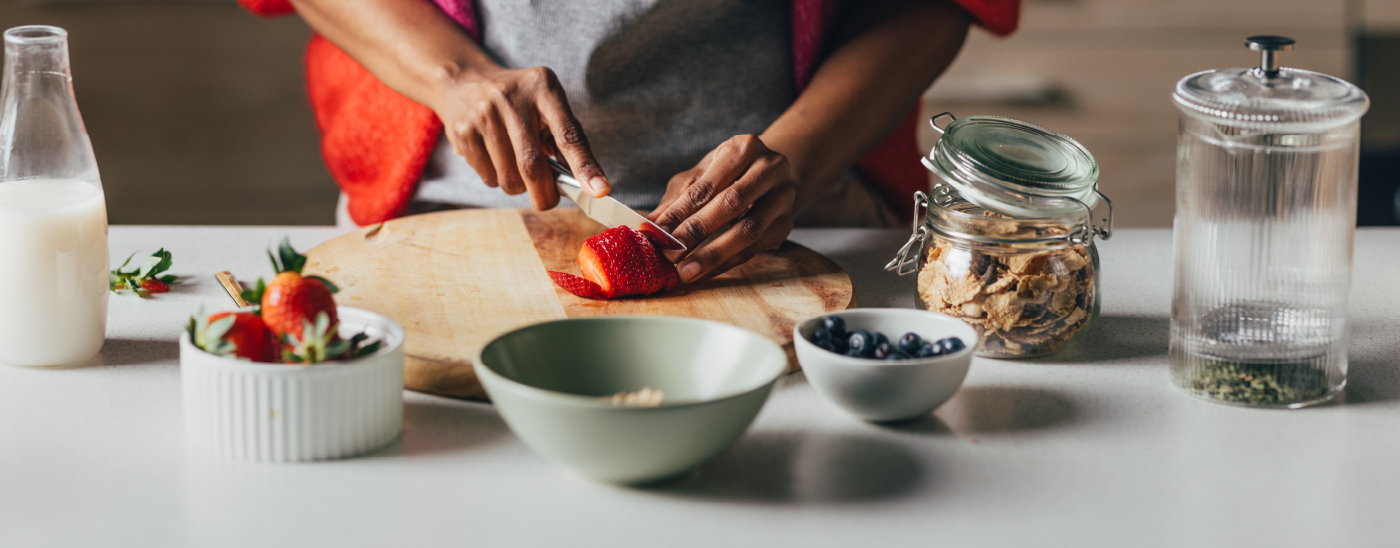Whole Foods, Whole Health: A Nutritional Guide

Vitamins and minerals are the unsung heroes of our bodies, keeping us healthy and protecting us against diseases. While supplements can be a convenient solution, they pale in comparison to the wealth of nutrients found in whole foods.
It can be overwhelming to think about how much of each vitamin and mineral you need every day, so instead of fixating on specific numbers, focus on making sure you have a varied and balanced diet. Most people can get all the nutrients needed from regular meals by prioritizing fruits, vegetables, whole grains, beans, low-fat protein, and dairy. If you have a known vitamin deficiency, special dietary constraints or medical condition, your healthcare provider may recommend supplements or a specific diet.
The Fiber Factor
Fiber plays a crucial role in digestion, cholesterol regulation, and weight management. Foods like brown rice, beans, lentils, nuts, and apples are rich sources of fiber, keeping you feeling full and satisfied.
Essential Vitamins and Minerals
Meet your nutritional needs by eating diverse foods, including:
- Lean beef, poultry, and fish for iron
- Spinach and other leafy greens, carrots, and sweet potatoes for vitamin A
- Fatty fish and fortified cereals and milk for B12 and vitamin D
- Whole grains like oats and barley for B vitamins
- Nuts and seeds for vitamin
- Dairy products like yogurt and cheese, salmon, and leafy greens for calcium
Supercharge with Phytochemicals
Phytochemicals, which come from plants, are only found in food, not supplements. Diets rich in phytochemicals are associated with reduced risk of chronic diseases, like cancer and heart disease. Try incorporating these foods into your diet:
- Blueberries, raspberries, strawberries, and blackberries
- Carrots, sweet potatoes, and turnips
- Soybeans, edamame, and lentils
A few ideas to get you started
Consider incorporating these meal ideas into your daily diet:
- Start your day with a bowl of oatmeal topped with sliced strawberries and a handful of almonds for a dose of fiber, vitamins, and minerals.
- Enjoy a colorful salad filled with spinach, carrots, bell peppers, chickpeas, and grilled chicken, dressed with a tangy vinaigrette for lunch (or try the Bright Spring Salad on page 5).
- Snack on carrot sticks with hummus or a small handful of mixed nuts and dried fruits in the afternoon to keep your energy levels up.
- Whip up a stir-fry with tofu or shrimp, broccoli, snap peas, and bell peppers served over brown rice for a satisfying dinner packed with vitamins, minerals, and phytochemicals.
Sources: health.harvard.edu, stanfordhealthcare.org
